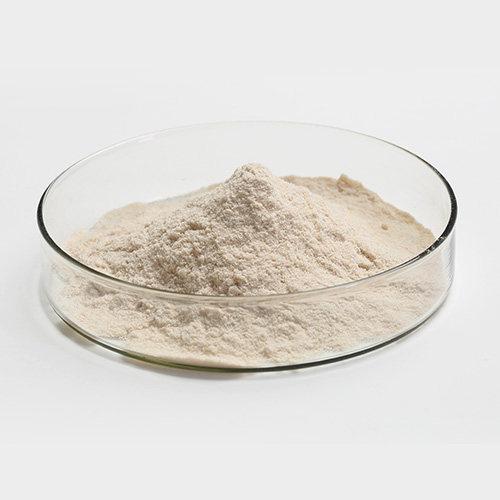Exploring the Marvels of Lactobacillus Acidophilus: Your Gut's Best Friend
2023-10-17
Introduction
When it comes to the world of probiotics, Lactobacillus acidophilus is a superstar. It's not just a tongue-twisting name; it's a beneficial bacterium that plays a crucial role in maintaining a healthy gut and promoting overall well-being. In this blog, we'll dive deep into the fascinating world of Lactobacillus acidophilus, exploring its benefits, sources, and how it can be a game-changer for your gut health.
The Microbial MVP: Lactobacillus Acidophilus
Lactobacillus acidophilus, often abbreviated as L. acidophilus, is a lactic acid-producing bacterium that naturally resides in our bodies, primarily in the gastrointestinal tract. This friendly bacterium is a member of the Lactobacillus genus, known for its probiotic properties. L. acidophilus is just one of many beneficial microorganisms that make up your gut microbiome, the diverse community of bacteria living in your digestive system.
The Role of Lactobacillus Acidophilus in Gut Health
1. Maintaining Gut Balance: L. acidophilus helps maintain a harmonious balance of bacteria in your gut. This balance is essential for proper digestion, nutrient absorption, and a strong immune system.
2. Digestive Health: This probiotic powerhouse aids in the breakdown of food and the absorption of nutrients, especially in the small intestine. It can also help alleviate common digestive issues like diarrhea, bloating, and irritable bowel syndrome (IBS).
3. Boosting Immunity: A significant portion of your immune system resides in your gut. L. acidophilus plays a crucial role in enhancing the gut's immune response, helping your body ward off infections and illnesses.
4. Preventing Yeast Infections: L. acidophilus helps maintain the acidic pH of the vagina, making it an effective natural defense against yeast infections like Candida.
Where to Find Lactobacillus Acidophilus
1. Dietary Sources: You can introduce L. acidophilus into your system through foods and beverages like yogurt, kefir, sauerkraut, kimchi, and other fermented foods. These products are often labeled as containing live and active cultures, indicating the presence of beneficial bacteria.
2. Supplements: For a more concentrated dose of L. acidophilus, you can opt for probiotic supplements available in various forms, including capsules, tablets, and powders. These supplements offer a convenient way to boost your gut health, especially if you have specific health concerns or dietary restrictions.
How to Incorporate Lactobacillus Acidophilus into Your Diet
1. Fermented Foods: Start by incorporating more fermented foods into your diet. Try adding yogurt to your morning routine or enjoying a side of sauerkraut with your lunch. Experiment with different fermented options to find what suits your taste buds.
2. Probiotic Supplements: If you have specific health goals or dietary restrictions, consult with a healthcare professional to determine the right probiotic supplement for you. Follow the recommended dosage and guidance on the product label.
Conclusion
Lactobacillus acidophilus may have a complex name, but its role in promoting gut health is beautifully simple. From bolstering your immune system to aiding in digestion, this friendly bacterium is a key player in maintaining overall well-being. Whether you choose to enjoy fermented foods or opt for probiotic supplements, introducing L. acidophilus into your daily routine can be a delicious and beneficial step towards a healthier gut. So, go ahead, embrace the power of Lactobacillus acidophilus, and let it be your gut's best friend!



